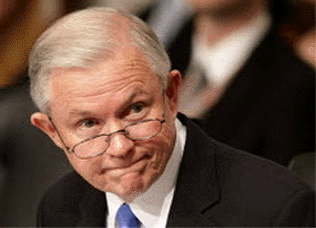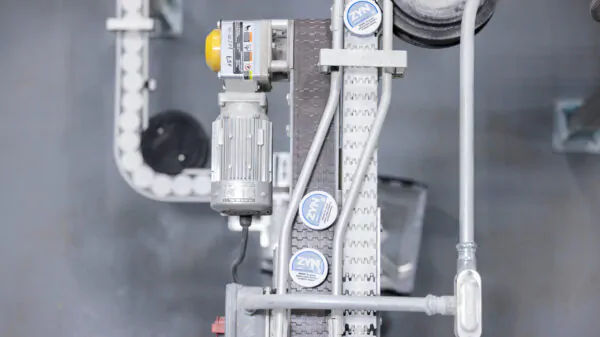By Brandon Moseley
Alabama Political Reporter
U.S. Sen. Jeff Sessions (R) from Alabama issued a written statement on Wednesday in response to President Barack Obama’s (D) speech on immigration.
Sen. Sessions said, “The President said he has not heard any good reason to oppose the Senate bill. Clearly, he has not listened to the ICE and USCIS officers warning that the bill would permanently undermine enforcement. Here are three more reasons: the Senate bill will lower wages, increase unemployment, and reduce per-capita GNP. All of these statements are confirmed by the Congressional Budget Office. Under current law, we will provide approximately 10 million grants of permanent residency (green cards) over the next decade. Under the Senate bill, that number will triple to more than 30 million. Further, the Senate bill would double the number of guest workers at a time when a record 90 million Americans are outside the work force. We need to get Americans off of unemployment, off of welfare, and back into the labor force—but the ‘reforms’ proposed by the Senate would put even more Americans out of work. Many of the same CEOs demanding that Congress increase guest workers are laying off thousands of American workers.”
During the period from ~1983 to early 2008, the fast growing U.S. economy served as a magnet drawing millions of immigrants both legal and illegal to this country. In 2008, immigration reform both to give legal status to an estimated 12 million illegal immigrants and to allow for increased legal immigration appeared to be both inevitable and economically necessary. Both candidates, Sen. Barack H. Obama (D) and Sen. John McCain (R) in the 2008 were longtime immigration reform advocates. Then the Great Recession happened and the following weak recovery has left an estimated 8 million young Americans out of work and out of school, female participation in the work force is at its lowest level in decades, and the government is borrowing trillions of dollars to support tens of millions of unemployed and underemployed Americans, both native born and immigrants.
President Obama has not changed his position on the necessity of immigration reform; but opponents increasingly are arguing that immigration reform that allows employers to bring in millions of cheap foreign workers over the next decade would only make the current low wage economy even more difficult for American workers. The President’s immigration bill has passed the U.S. Senate; but is expected to be addressed by the House as soon as next week.
Sen. Sessions who opposes the legislation said, “This is a defining moment for the House Republicans. They must decide who they represent: certain activist CEOs lobbying Congress, or the national interest and the millions of Americans struggling to get by in this low job, low wage economy.”
In summer. it appeared that immigration reform had failed in the House, but the recent government shutdown debacle that ended with moderate Republicans splitting from more conservative elements in the Republican Caucus has increased speculation that moderate Republicans could join with House Democrats to pass some version of immigration reform out of the House before Thanksgiving.
A conference committee would then be appointed to address the differences between the House and Senate immigration bills.
Sen. Jeff Sessions (R) from Alabama is a senior member of the Senate Judiciary Committee and has long been an outspoken advocate for tightening border enforcement.























































